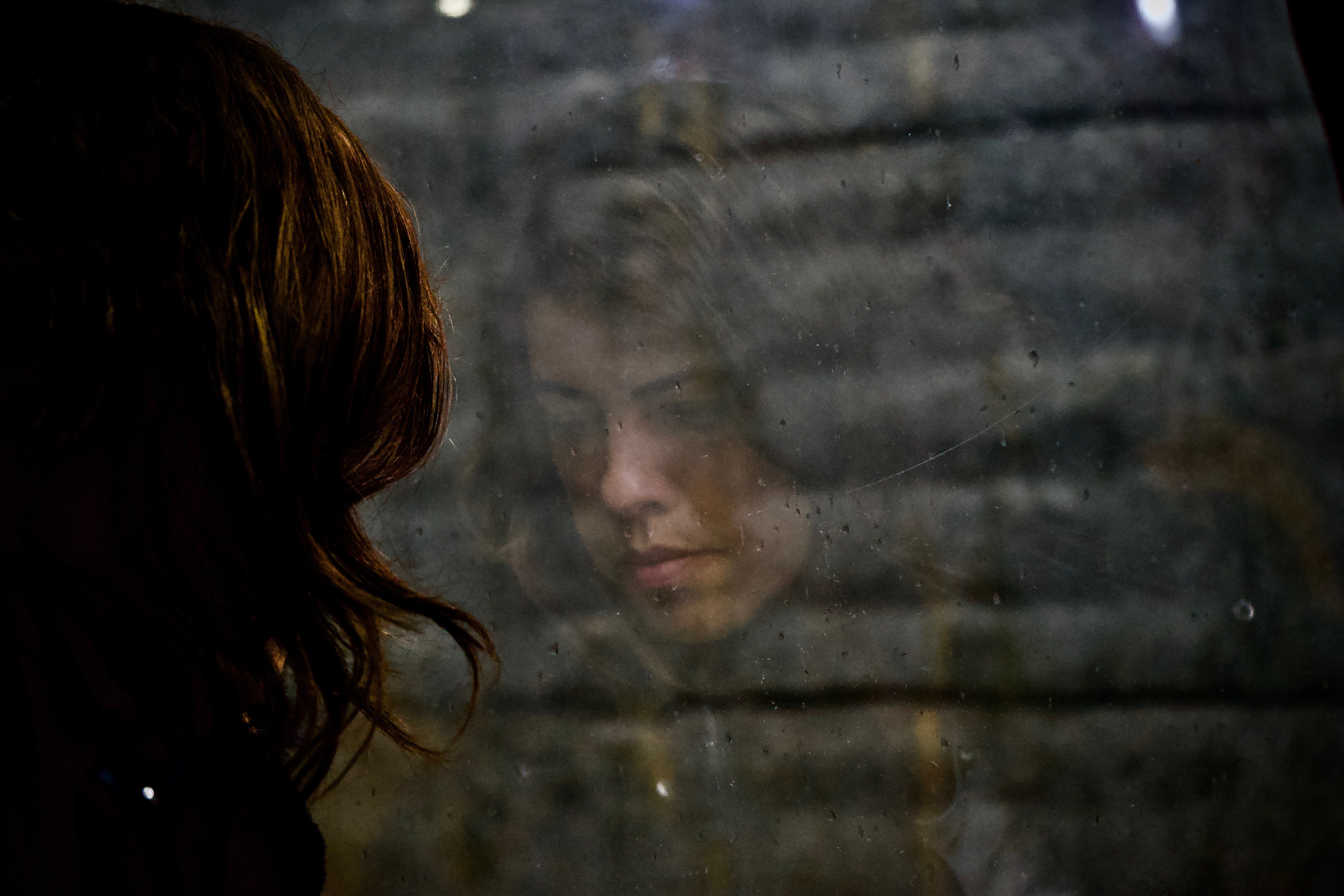
Recovering from drug addiction is a difficult journey, but addicts who also struggle with depression face even more obstacles in treatment. Depression is a common co-occurring disorder in addiction. In fact, 30 to 40 percent of people with a substance use disorder also have a mood disorder such as depression. Sometimes the depression leads to drug addiction, and sometimes the drug addiction leads to depression. Regardless of which comes first, both disorders must be simultaneously treated in order for a person to fully recover. Long-term sobriety is rarely achieved if the depression isn’t properly treated, and the symptoms of depression will only worsen as long as drug use is present.
Symptoms of Drug Addiction and Depression
The symptoms of drug addiction and depression are so similar that it can be difficult to know where one disorder begins and the other one ends. These symptoms include:
* Lack of interest in activities that were once enjoyed
* Irritability, anger or hostility
* Feelings of emptiness, helplessness or hopelessness
* Changes in eating and sleeping habits
* Sloppy appearance
* Restlessness and agitation
* Lack of enthusiasm and motivation
* Spending a lot of time alone
* Dramatic weight loss or weight gain
* Difficulty thinking, concentrating and remembering
* Chronic aches and pains
* Recurrent thoughts of suicide or death
How Depression Leads to Drug Addiction
Depression is a horrible mental illness that can leave a person feeling lost, lonely and scared. In order to cope, some people turn to illegal drugs or prescription medication to self-medicate their painful feelings of sadness, guilt or worthlessness. Drugs can provide a temporary escape, but once the effects of the drug wear off, the bad feelings return. This can lead a person to use more and more drugs to feel better, which can turn into drug dependence and addiction.
How Drug Addiction Leads to Depression
Drug addiction creates physiological changes in a person’s brain and body that can mimic and worsen the symptoms of depression. Some people who abuse drugs may not even realize they are depressed because the symptoms of addiction and depression are so similar. It is only when the drug is removed for a period of time that the underlying symptoms of depression can be diagnosed. That’s why it’s so important for people seeking drug addiction treatment to choose a drug rehab that offer dual diagnosis care.
Drug addiction is often a symptom of underlying issues. These issues can include childhood or adult abuse or trauma, repressed memories, family patterns or a combination of many things. Clinical therapy combined with drug counseling can uncover these underlying issues and help a patient heal without turning to drugs or alcohol.
Dual Diagnosis Treatment for Drug Addiction and Depression
Drug use and depression is a vicious cycle that rarely ends without proper treatment of both disorders. Dual diagnosis treatment addresses both the addiction and any underlying mental or mood disorders and simultaneously treats all disorders through integrated treatment.
There are several different ways to simultaneously treat depression symptoms and co-occurring disorders. Some of the most effective treatments include a combination of medications; psychotherapy; cognitive-behavioral therapy; individual, group and family counseling; detoxification and 12-Step programs. Patients in treatment for depression and a co-occurring drug addiction also benefit from attending peer support groups, where they can connect with others who are also in recovery for co-occurring disorders.
Depression and co-occurring addictions can leave a person feeling lonely and helpless. If you know someone who is struggling with co-occurring disorders, call a dual diagnosis treatment facility today and help them get the proper treatment they so desperately need.



